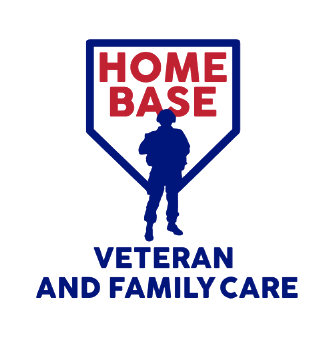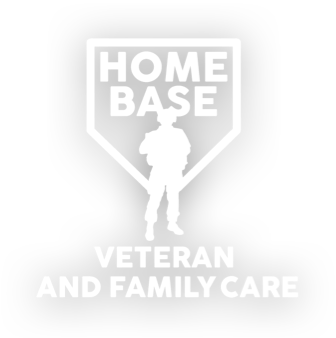Keeping Us Safe In Helen’s Hometown (And Yours)

By Ron Hirschberg, MD
I never talked with my grandmother Helen about what it was like as an eight-year old girl in 1918 when the Influenza pandemic roared through her town and around the world as US troops were on their way overseas in WWI. That year, an unimaginable one-third of the planet’s population was infected, with more than 50 million deaths, 700,000 of whom were in the United States. Oddly enough, Helen grew up in New Rochelle, NY, one of the current US epicenters of COVID-19 now penetrating our lives medically, socially and financially. Recently I saw a picture of National Guard service members handing out food and supplies to a family with young kids in New Rochelle, and it was as if I could see my own daughter in those pictures, not much older than her great grandmother was in 1918.
We have heard and read the latest stories about a War on COVID-19, a collective silent fight against a global threat. We also know that when there is war, there are the people whose mission is to strive to always keep us safe. These are not only the dedicated men and women who leave for Afghanistan or Iraq, but the people who are on-call every day for any and all threats right here at home. The other day, Army Veteran and Illinois Senator Tammy Duckworth called on our Senate Armed Services Committee to discuss readying the National Guard for helping with not only food distribution, but water purification efforts, healthcare and other infrastructure for communities all over the US. In perhaps one of the most poignant examples of connecting military support with civilian needs, Senator Duckworth also urged the Committee to consider offering the military food stores to children who typically depend on two meals a day in schools that are now closed for weeks.
Military families across the country have known sacrifice, and they will continue to serve many of us on this new battlefield against COVID-19. We need to rely on both the public and private sector to support our troops and their families during this unprecedented time.
This is a very unusual time for our communities because a pandemic doesn’t care who you are, where you live, what side of the aisle you are on, or whether you are a service member or a civilian. Presently, we all share vulnerability and responsibility. Social distancing and quarantining seem like something that was done in “the old days,” but here we are 102 years after the Spanish Flu of 1918, and this is still the standard of care. Distancing may feel like an inconvenience to the individual, but collectively it has power and it is our great responsibility to share with others, especially as we protect our most fragile neighbors. However, as we isolate from one another, in some bizarre way we are connected to each other more than usual.
I never thought to ask my grandmother what it was like back then, but I did feel a sense of comfort seeing that picture of the National Guard delivering supplies to those kids in Helen’s home town. It is likely that our service members will continue to deploy in larger numbers over the coming weeks to months to keep our communities safe. While a grateful nation may be socially distanced from one another, we must support the brave men and women and their families who are fighting this war every day.


 Home Base
Home Base